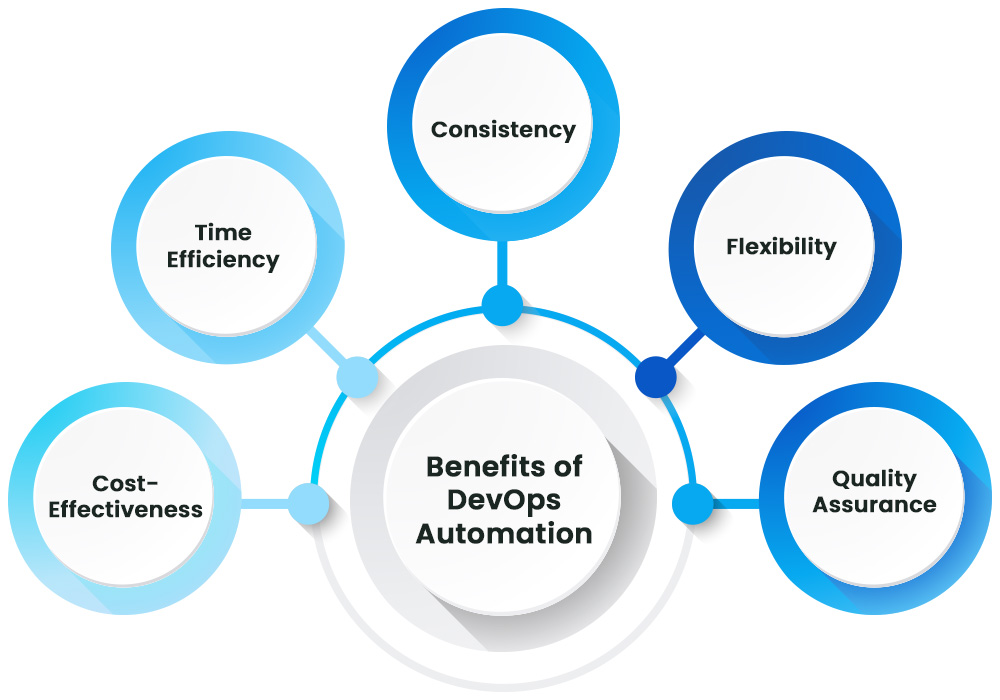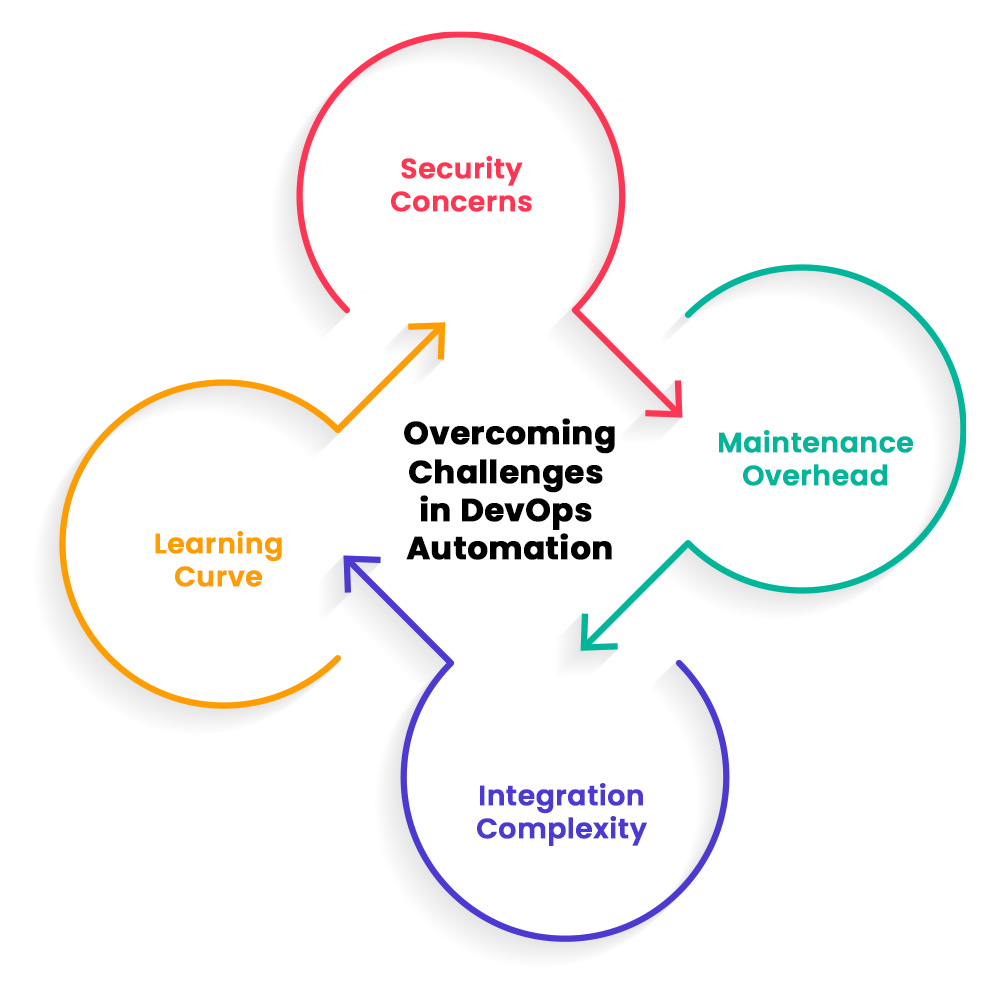Introduction to Apigee DevOps Automation
In the rapidly evolving digital landscape, Application Programming Interfaces (APIs) have become the backbone of modern software development. APIs enable seamless integration between different systems, services, and applications, facilitating data exchange and enabling businesses to thrive in the era of interconnectedness. As the demand for APIs grows, so does the need for efficient and scalable DevOps Automation. Automating the process of building, deploying, and testing APIs offers cost-effective, flexible, and easy-to-manage solutions that accelerate development cycles, enhance productivity, and ensure the delivery of high-quality API products. In this article, we will delve into the significance of DevOps Automation and explore how it enables organizations to achieve optimal efficiency in their API development lifecycle. Let’s talk more about Apigee DevOps Automation.
Understanding Apigee DevOps Automation
The Benefits of Apigee DevOps Automation
- Cost-Effectiveness: DevOps Automation reduces the manual effort required for repetitive tasks, allowing organizations to optimize resource allocation and focus on higher-value activities.
- Time Efficiency: Automated processes significantly speed up the development and deployment of APIs, enabling organizations to release new features and updates more frequently.
- Consistency: Automation ensures that all APIs are built, deployed, and tested following the same standards and best practices, leading to consistent and reliable outcomes.
- Flexibility: Automated workflows can adapt to changing requirements and evolving technologies, allowing organizations to stay agile and respond swiftly to market demands.
- Quality Assurance: Automated testing ensures thorough and consistent validation of APIs, leading to higher-quality products with fewer defects.

Key Components of Apigee DevOps Automation
- API Design Automation: Tools and frameworks that assist developers in designing APIs using predefined templates, design patterns, and best practices. Automated design validation ensures that APIs are compliant with specifications and industry standards.
- Continuous Integration (CI) and Continuous Deployment (CD): CI/CD pipelines automate the process of code integration, building, testing, and deployment, ensuring that changes are continuously integrated into the main codebase and deployed to production efficiently.
- API Documentation Automation: Automated documentation generation tools can automatically generate comprehensive and up-to-date API documentation based on code annotations and metadata, saving time and effort for developers.
- Automated Testing: Automated testing frameworks verify the functionality, performance, and security of APIs, identifying issues early in the development process and ensuring consistent behavior across different environments.
- API Monitoring and Analytics: Automated monitoring tools track API performance, usage patterns, and errors, providing real-time insights that help organizations optimize API design and performance.
Implementing Apigee DevOps Automation
- Adopting the Right Tools and Frameworks: Organizations should carefully evaluate and choose the appropriate automation tools and frameworks based on their specific needs, technology stack, and development processes.
- Setting Up CI/CD Pipelines: Implementing CI/CD pipelines enables seamless integration, testing, and deployment of code changes, allowing teams to deliver updates quickly and reliably.
- Defining Automated Testing Strategies: Establishing comprehensive test suites that cover functional, integration, performance, and security testing is essential for ensuring the quality and reliability of APIs.
- Automated Documentation Generation: Integrate tools that automatically generate API documentation from code annotations, ensuring that the documentation is always up-to-date and accurate.
- Monitoring and Analytics: Implement automated monitoring and analytics to gain insights into API performance, usage patterns, and potential issues, enabling proactive improvements.
Overcoming Challenges in Apigee DevOps Automation
- Learning Curve: Adopting automation tools and frameworks may require a learning curve for developers and teams, necessitating training and support.
- Security Concerns: Automation should include robust security measures to safeguard sensitive data and protect against potential breaches.
- Maintenance Overhead: Automated processes need regular maintenance and updates to adapt to evolving requirements and technologies.
- Integration Complexity: Integrating automation tools into existing development workflows may require careful planning and coordination.

Real-World Examples of Successful Apigee DevOps Automation
- Netflix: Netflix uses automated CI/CD pipelines to deploy API changes efficiently and frequently, ensuring rapid feature delivery and seamless user experiences.
- Shopify: Shopify leverages automated testing to validate API functionality and performance, enabling continuous improvement and reliable service to millions of merchants worldwide.
- Twitter: Twitter's DevOps Automation includes automated documentation generation, ensuring that developers have up-to-date and accurate documentation at their fingertips.
Conclusion
DevOps Automation has become a critical enabler of streamlined, efficient, and reliable API development, deployment, and testing processes. By automating repetitive tasks and standardizing workflows, organizations can save time, reduce costs, and deliver high-quality API products consistently. As the demand for APIs continues to surge, embracing automation becomes imperative for businesses seeking to stay competitive and agile in the fast-paced digital landscape.
By leveraging the right tools and frameworks, setting up robust CI/CD pipelines, implementing comprehensive automated testing, and continuously monitoring API performance, organizations can achieve optimal efficiency in their API development lifecycle, unlocking the true potential of their digital capabilities. As technology advances and automation continues to evolve, the future of API product development promises to be even more efficient, innovative, and impactful, driving the next wave of digital transformation.
Added following line at the end of the content in conclusion;
(You can contact our team for any work related to Apigee DevOps Automation to get a proper solution.






